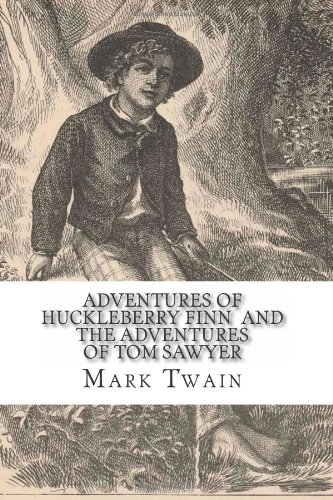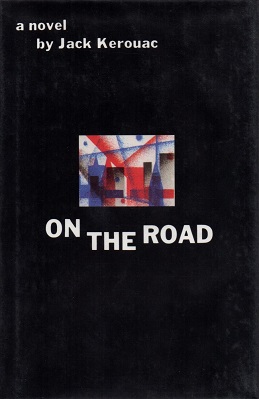When I was compiling the list of classic books I was going to read, I only marked off books that I was absolutely certain I had read all the way through. Then there were books like the Adventures of Huckleberry Finn that I had probably read at some point, but couldn't say for sure. Although not on my list, I went ahead and read the Adventures of Tom Sawyer first, since it seemed like it would provide at least some context. I imagine most people have already read and have their own feelings about these books, but I figured I could still post what really stuck out to me.


Reading books set in the last 19th century can certainly be jarring to a modern reader. It's not only the language, which it one of the most common objections to the book, though it certainly is appalling. It was more the utter and complete disregard of black people as, well, people. A moment that really stuck with me is when Huck is telling a made up story of an explosion on a steamboat. When asked if anybody was hurt, he responds (in much worse terms): "No’m. Killed a [black person]." I think this was Twain trying to show how bad the racism in the South was, so it's not clear to me how realistic it is, but it certainly seems like something that could have been said. I guess it's a sign of progress that this exchange strikes me as fundamentally inhuman, but that doesn't really make it any less galling.






![Lonesome Dove: A Novel by [McMurtry, Larry]](https://images-na.ssl-images-amazon.com/images/I/51d94OMo3BL.jpg)